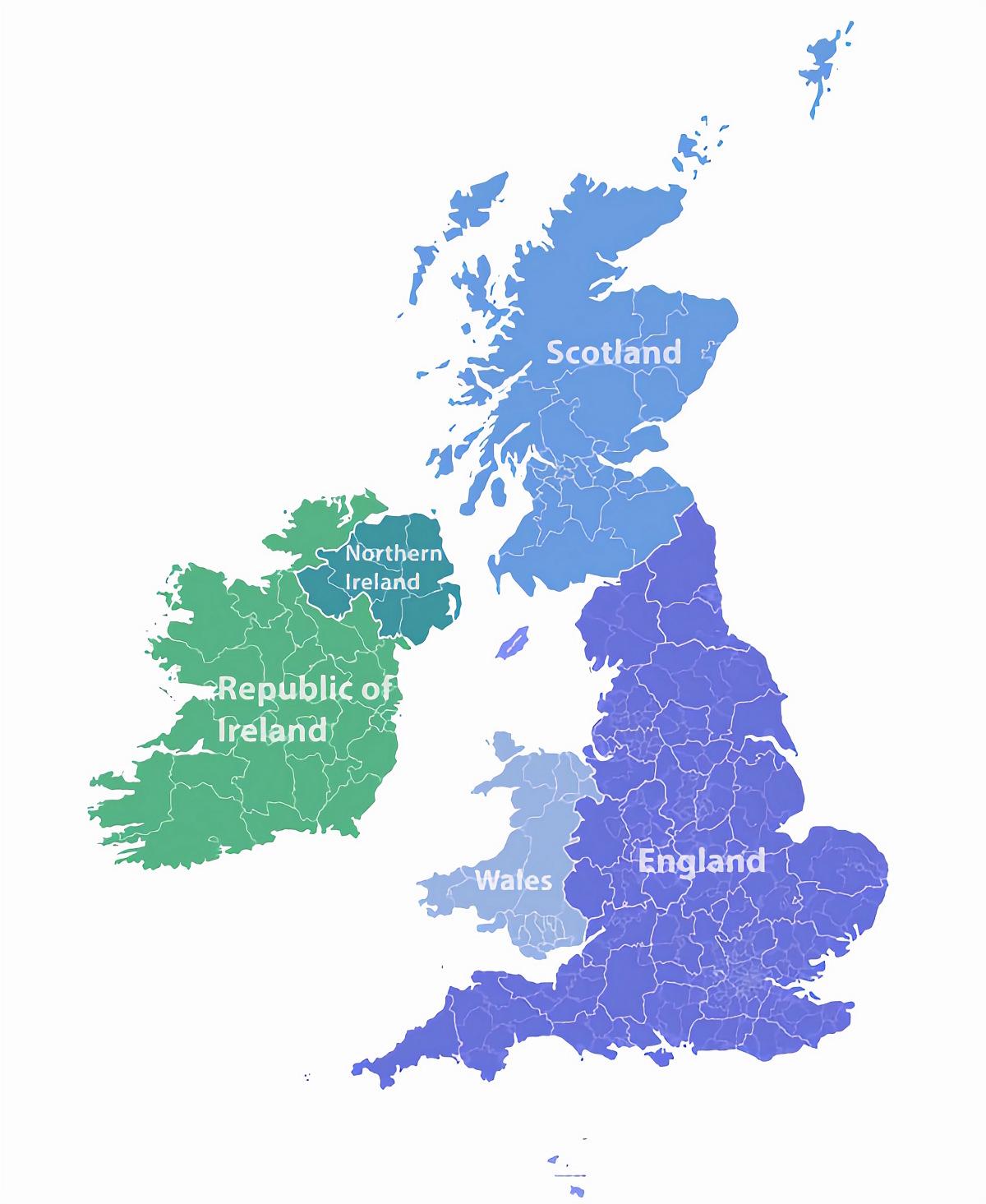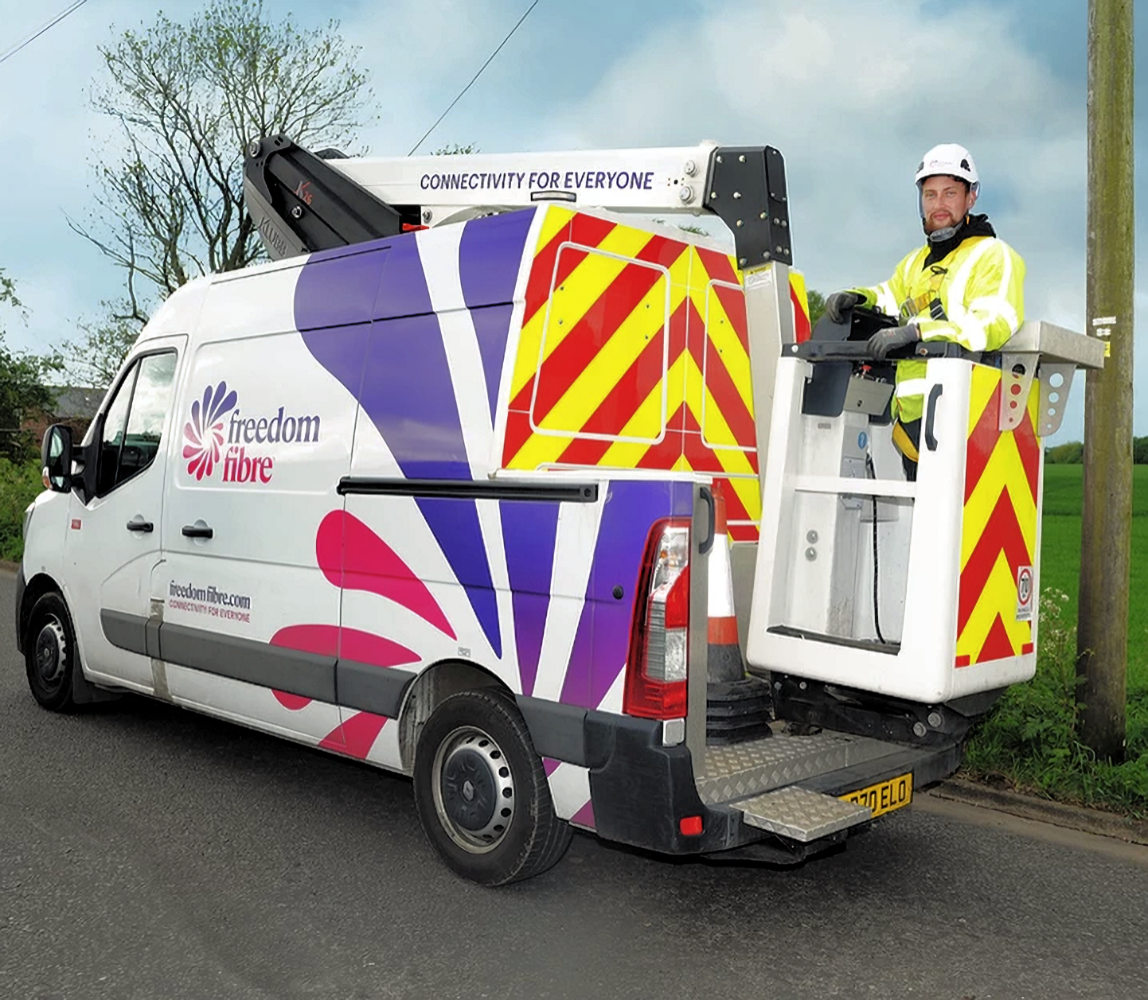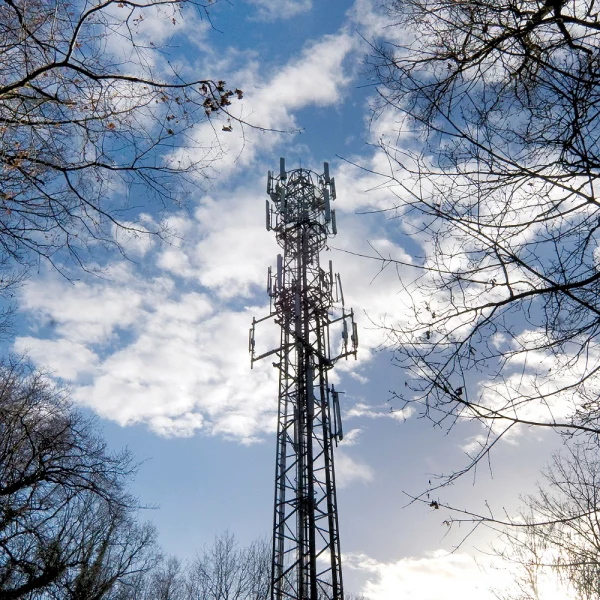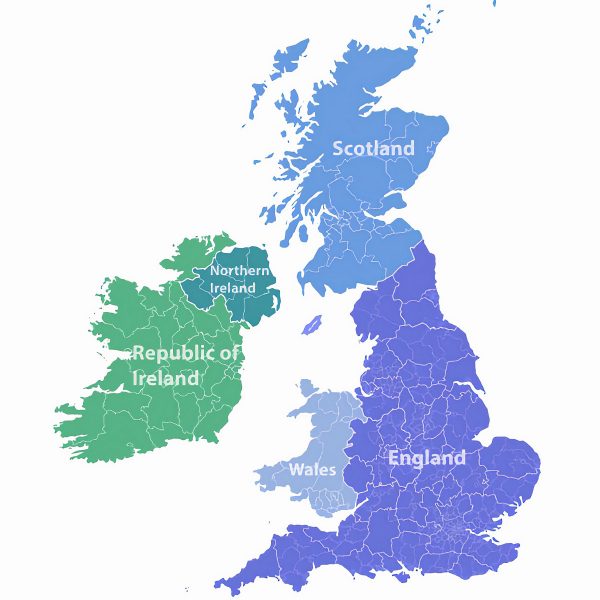ISP Sky Broadband to Share UK Customer Details with Movie Piracy Lawyers
Customers of Sky Broadband, specifically those who are alleged to have last year shared unlawful copies of the movie ‘The Company You Keep‘ (TCYK) over public BitTorrent file sharing (P2P) networks, could soon be hit by letters demanding compensation from copyright lawyers.
The culture of so-called “Speculative Invoicing” is sadly nothing new to these shores. Over the past few years a variety of such organisations, including notorious law firms like ACS:Law and Davenport Lyons, have attempted to bully broadband customers into coughing up cash for allegedly sharing copyright content online and those who refused are often threatened with court action.
Related organisations usually track public Internet Protocol (IP) addresses, which are assigned to your broadband connection each time you go online, back to an ISP and then later submits a Norwich Pharmacal Order (NPO) to a court that forces the broadband provider to release details about any associated subscribers.
Unfortunately this also appears to be what happened with Sky, which last September 2014 found itself the subject of an NPO request by an organisation called TCYK LLP (they represent the copyright interests of the aforementioned movie and possibly others). TCYK LLC has also been using similar letters to demand compensation payments from Internet users in the USA.
According to TorrentFreak, Sky has now begun contacting an unknown number of their subscribers in order to make them aware that TCYK LLC’s NPO request has been approved by the courts.
Sample of Sky’s Letter to Related Subscribers:
“We need to let you know about a court order made against Sky earlier this year that requires us to provide your name and address to another company. A company called TCYK LLC, which owns the rights to several copyrighted films, has claimed that a number of Sky Broadband customers engaged in unlawful file-sharing of some of its films. In support of this claim, TCYK LLC says it has gathered evidence of individual broadband accounts (identified online by unique numbers called IP addresses) from which it claims the file sharing took place.
We advise you to read the letter from TCYK LLC carefully. It may be that you are not aware of the things that are being claimed: for example, if other people have access to your Internet connection, or simply because you do not recall downloading or sharing the film.”
In the past such approaches have been heavily criticised for bully subscribers, not least because they rely on IP address based evidence that is notoriously unreliable. Internet addresses can be spoofed, redirected or even become incorrect due to small timing errors in the ISP’s access log.
Similarly an IP address can often reflect a network that’s shared between many users (e.g. business or home networks, public wifi, hotels etc.) and thus at best you’d only be able to identify the bill payer and they might not even be the guilty individual.
Unsurprisingly only a few such cases have ever even made it to court and most end up being thrown out. Back in 2013 a little common sense was injected into this practice after the Open Rights Group got involved in a similar case between O2 and Golden Eye International (here and here), which targeted broadband subscribers who had allegedly shared copyright content online (this belonged to the Ben Dover porn brand).
Golden Eye was eventually allowed to send their letters, although they were toned down and prevented from wrongfully asserting that the bill payer may be liable for any copyright infringement. Never the less, sooner or later, a demand for money will always surface and consumers often feel frightened into paying up even if it wasn’t their fault.
Generally speaking, if you know or believe yourself to be innocent of the allegation, then it’s best to discuss the matter with Citizens Advice before responding. But don’t be afraid to challenge an allegation if you feel it to be false, history shows that it’ll often cost the firm a lot more money than they’ll get back to pursue such a case.
Last year all four of the country’s largest broadband ISPs (Sky, Virgin Media, BT and TalkTalk) separately agreed to introduce a new Voluntary Copyright Alert Programme (VCAP), which will also send warning letters to those suspected of similar activity (here). However, unlike above, the VCAP letters will contain no threats or demands for money and should only act as an “education programme“. The first phase of the new VCAP system is due to be introduced before the end of this spring.
Mark is a professional technology writer, IT consultant and computer engineer from Dorset (England), he also founded ISPreview in 1999 and enjoys analysing the latest telecoms and broadband developments. Find me on X (Twitter), Mastodon, Facebook and Linkedin.
« Blackford Village Locals Furious After Loss of O2 and Vodafone Mobile Signal
Latest UK ISP News
- FTTP (5532)
- BT (3518)
- Politics (2542)
- Openreach (2298)
- Business (2266)
- Building Digital UK (2247)
- FTTC (2045)
- Mobile Broadband (1977)
- Statistics (1790)
- 4G (1668)
- Virgin Media (1621)
- Ofcom Regulation (1465)
- Fibre Optic (1396)
- Wireless Internet (1391)
- FTTH (1382)
























































Comments are closed